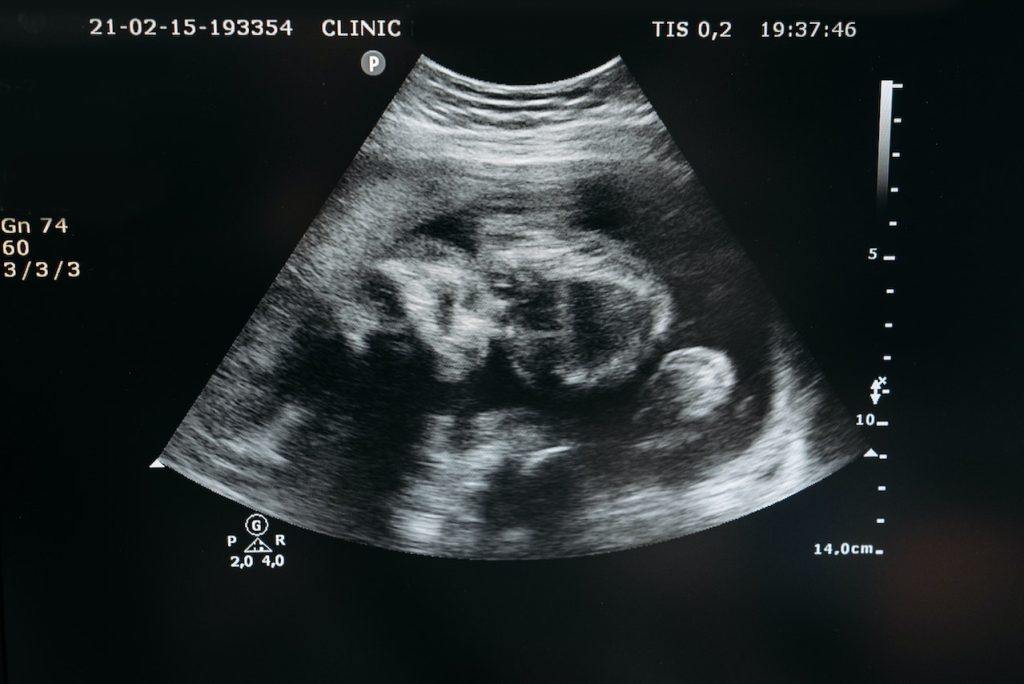THC Lingers in Breastmilk with no Clear Peak or Decline

The psychoactive component THC of cannabis showed up in breastmilk in a study published in the journal Breastfeeding Medicine. Unlike alcohol, when THC was detected in milk there was no consistent time when its concentration peaked and started to decline.
Importantly, the researchers discovered that the amount of THC they detected in milk was low – they estimated that infants received an average of 0.07mg of THC per day. For comparison, a common low-dose edible contains 2mg of THC. The research team stressed that it is unknown whether this amount has any impact on the infant.
“Breastfeeding parents need to be aware that if they use cannabis, their infants are likely consuming cannabinoids via the milk they produce, and we do not know whether this has any effect on the developing infant,” said Courtney Meehan, a WSU biological anthropologist who led the project and is the study’s corresponding author.
Since other research has shown that cannabis is one of the most widely used drugs during breastfeeding, the researchers aimed to uncover how long cannabinoids, like THC, persisted in breastmilk.
For this Washington State University-led study, the researchers analysed milk donated by 20 breastfeeding mothers who used cannabis. The participants, who all had infants younger than six months, provided detailed reports on their cannabis use. They collected milk after abstaining from using cannabis for at least 12 hours and then at regular intervals after use. All of this was done in their own homes, at a time of their choosing and with cannabis they purchased themselves.
The researchers then analyzed the milk for cannabinoids. They found that the milk produced by these women always had detectable amounts of THC, even when the mothers had abstained for 12 hours.
“Human milk has compounds called lipids, and cannabinoids are lipophilic, meaning they dissolve in those lipids. This may mean that cannabinoids like THC tend to accumulate in milk – and potentially in infants who drink it,” said Meehan.
The research also revealed that people had different peak THC concentrations in their milk. For participants who used cannabis only one time during the study, cannabinoids peaked approximately 30 minutes to 2.5 hours after use and then started to decline. For participants who used multiple times during the study, the majority showed a continual increase in concentrations across the day.
“There was such a range. If you’re trying to avoid breastfeeding when the concentration of THC peaks, you’re not going to know when THC is at its peak in the milk,” said lead author Elizabeth Holdsworth, who worked on this study while a WSU post-doctoral researcher and is now on the faculty of The Ohio State University.
A related qualitative study by the research team revealed that many breastfeeding moms are using cannabis for therapeutic purposes: for the management of anxiety, other mental health issues or chronic pain. The mothers often chose cannabis over using other medications because they felt it was safer.
“Our results suggest that mothers who use cannabis are being thoughtful in their decisions,” said co-author Shelley McGuire, a University of Idaho professor who studies maternal-infant nutrition. “These women were mindful about their choices. This is far from a random lifestyle choice.”
While in most cases, the women were using cannabis as alternative treatment for a variety of conditions, McGuire pointed out that there is no evidence yet whether it is safer or more harmful. In fact, scientists know almost nothing about how many commonly used drugs may impact breastfeeding babies, partly because women, especially those who are breastfeeding, have historically been left out of clinical trials on medicines.
“This is an area that needs substantial, rigorous research for moms to know what’s best,” McGuire said.
Some research has been done regarding alcohol with guidelines for new mothers to wait at least two hours after consuming alcohol before breastfeeding. Nothing similar has been developed for cannabis, which has been growing in popularity.
The collaborative research team is currently working to address some of that knowledge gap with further research on cannabis use in breastfeeding moms, holistic composition of the milk they produce and its effects on infant development.
Source: Washington State University



